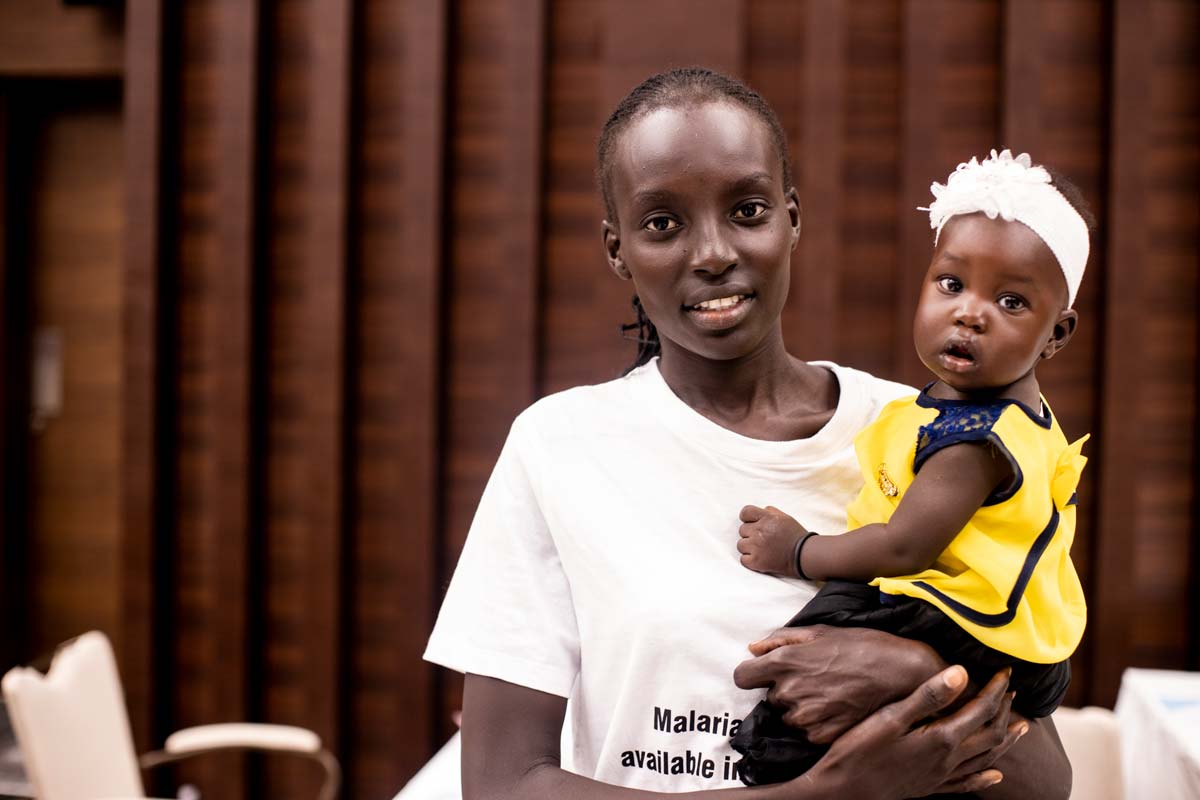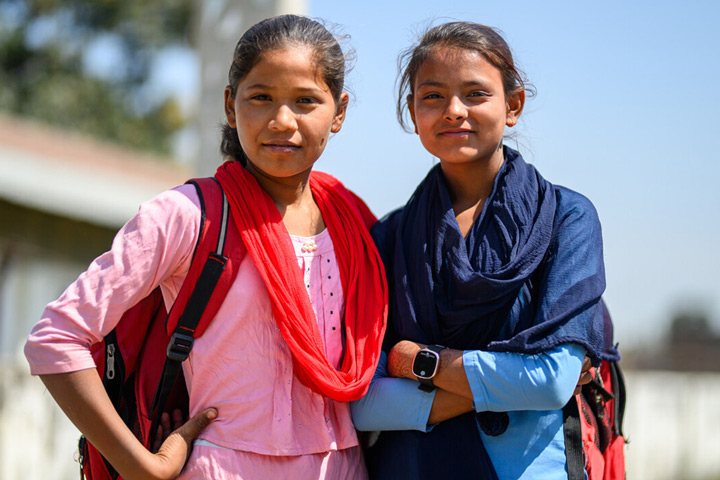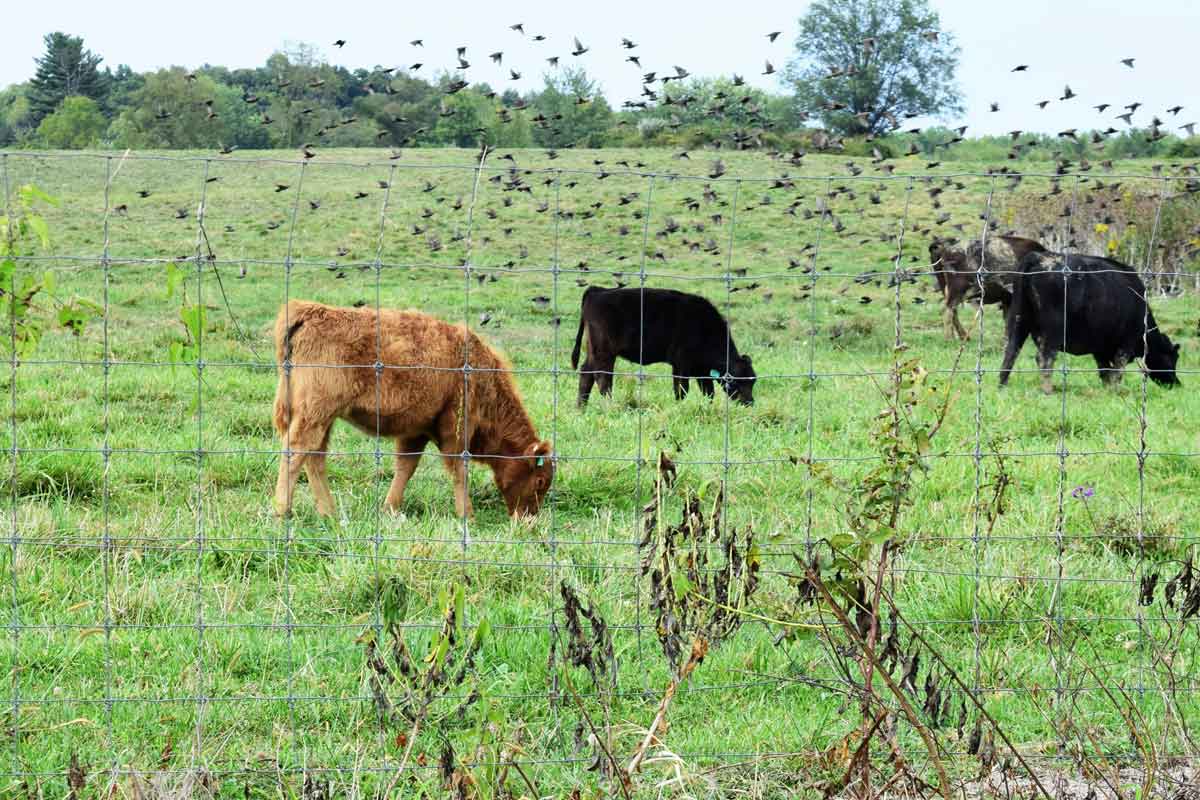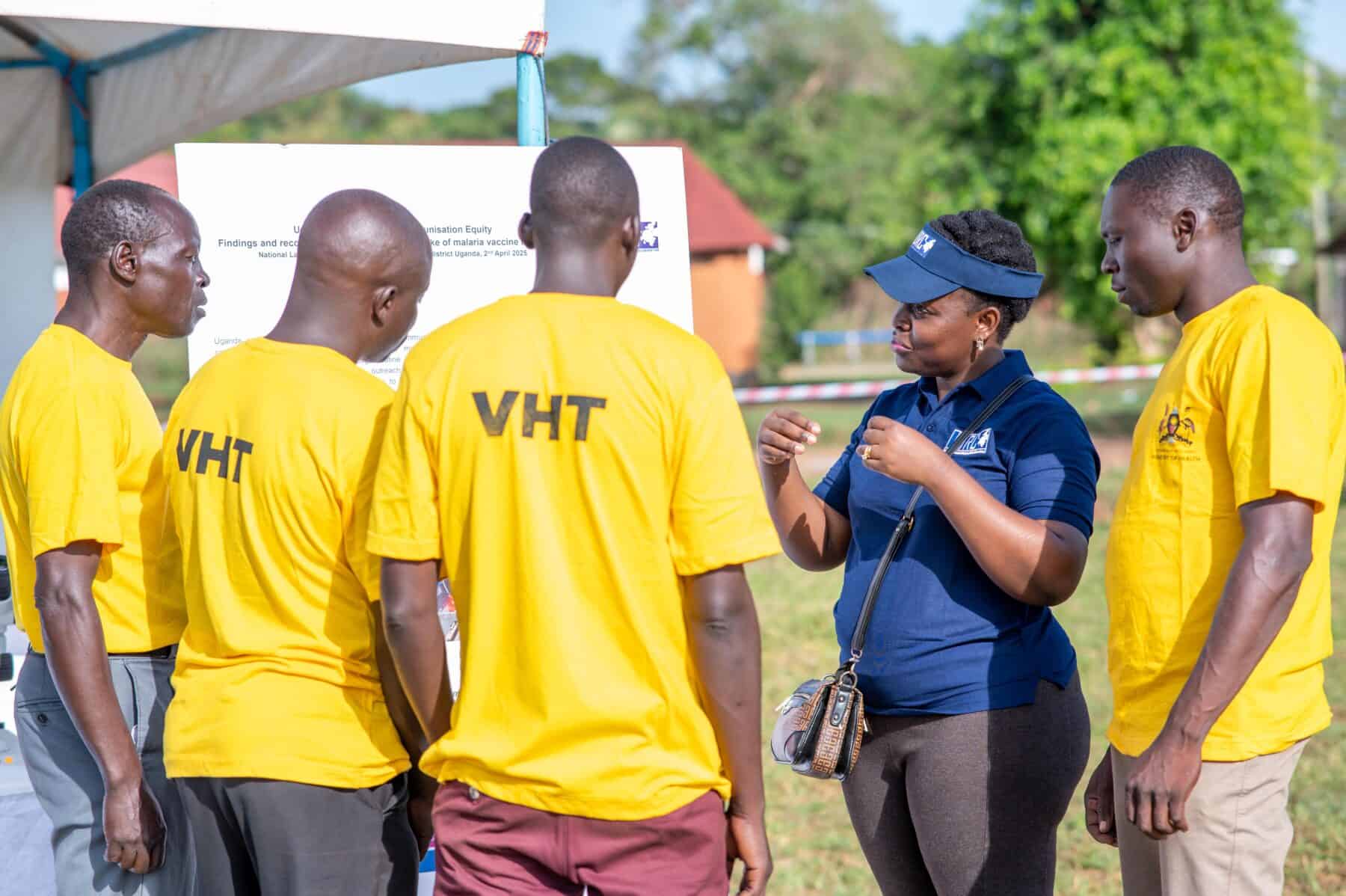Anthropologists explain why trust rather than facts will convince people to take vaccines
Vaccine “hesitancy” is far more complex than being anti-vax. Understanding the reasons for people’s hesitancy is key.
- 4 March 2024
- 7 min read
- by Priya Joi

Vaccine hesitancy is a label that is often applied when people don't take a vaccine or refuse it for their children. But this phrasing is laden with assumption, and belies the complexity underlying individuals' decisions.
Increasingly in public health crises, medical anthropologists are brought in to advise on how best to engage with people who are reluctant to comply with public health measures.
"If parents have lost confidence in the vaccination system and choose not to vaccinate their children, then the global health community must strive to earn their trust once more."
– Dr Ben Kasstan-Dabush, Assistant Professor, Department of Global Health & Development, London School of Hygiene & Tropical Medicine, UK
This is the first in a series of views from anthropologists and other social scientists from around the world, which will interrogate the reasoning behind decisions not to take a vaccine, and what could be done in response.
VaccinesWork asked three leading anthropologists the following question:
"Why do you think the proportion of people choosing not to take vaccines is growing in some parts of the world, and what can those in global health do to change it?"
This is what they said.
Heidi J Larson, Director, The Vaccine Confidence Project, Professor of Anthropology, Risk and Decision Science, London School of Hygiene & Tropical Medicine
First, it is important to clarify the meaning of vaccine hesitancy, which has had a confusing and often misunderstood scope of definitions. Choosing not to take a vaccine for yourself or your children is not vaccine hesitancy, it is a decision. There have been a number of articles contesting the early definition of vaccine hesitancy, which unfortunately suggested it included vaccine refusal, and is incorrect. Refusing a vaccine is a behaviour, rather than a sentiment.
If we want to explore the issue of vaccine hesitancy, we need to consider the time-period when someone is undecided about whether or not to take a vaccine. This state of indecision should be viewed as acceptable, and perhaps normal, particularly for young parents trying to weigh the multiple types of information and sentiments they are faced with.
Instead of being a polarising term, it is meant to de-polarise the often-polarised extremes of pro-vaccine and anti-vaccine terminology. As a public health community, we are resting on our laurels of early successes and unquestioning trust in vaccines. We need to change our framing to recognise that the public has access to considerably more information about vaccines than ever – from peer reviewed scientific articles to mis- and disinformation – and that taking a pause and hesitating before blindly accepting vaccine recommendations, even if from health authorities, should be seen as responsible, and not necessarily against vaccines.
In our own research at the Vaccine Confidence Project, we have focused on the dimension of confidence as one of the critical levers of decision-making in that fragile undecided period before taking a decision, alongside other levers of convenience (such as access) and complacency characterised by Dr Robb Butler's team at WHO's EURO Regional Office in the early conceptualisation of vaccine hesitancy. We consider different aspects of trust and confidence – in other words, confidence and trust in the policymaker(government), the health provider and the product (i.e. the vaccine).
Building confidence is more important than ever. Furthermore, given the increasingly volatile nature of vaccine sentiments, trust in vaccines needs constant nurturing and responsiveness to public concerns in order to mitigate and address vaccine hesitancy and encourage vaccine acceptance.
Have you read?
Professor Roch A. Houngnihin, Director, Laboratory of Applied Medical Anthropology, University of Abomey-Calavi, Benin
Indeed, vaccine hesitancy has become a global phenomenon. It refers to the delay in accepting or refusing vaccines despite their availability. Various factors contribute to this phenomenon, ranging from the nature of the vaccine to vaccination strategies, and encompassing attitudes toward scientific research and the spread of misinformation.
In Benin, vaccine reluctance was fuelled by a belief in rumours and conspiracy theories. This occurred in a context where official information was overly cautious and failed to effectively reach the general population.
Another factor causing hesitancy was associated with the rapid development of vaccines, creating a perception of "surprise vaccines" that fostered mistrust in the pharmaceutical industry, seen as primarily motivated by financial interests.
The method of administering the COVID-19 vaccine also played a role in generating hesitations. Oral or nasal administration was considered more convenient and potentially more acceptable than injections.
We must also take into account the adverse effects of mandatory vaccination in Benin, which received a mixed response. This state-led approach heightened doubts about the vaccination campaign and tainted government bodies, giving the impression of a lack of transparency. Other issues include vaccine shortages and a shortage of vaccination personnel.
Today, misinformation still surrounds COVID-19 vaccination, even in a post-emergency context, complicating its integration into routine vaccination. Clearly, the existence of an effective and proven vaccine does not automatically translate into widespread acceptance.
We need to re-engage populations with the health rationale associated with vaccination and enlist "communication allies" – legitimate actors in the eyes of the public – to counter persistent rumours.
Dr Ben Kasstan-Dabush, Assistant Professor, Department of Global Health & Development, London School of Hygiene & Tropical Medicine, UK
Declining rates of immunisation are not always about people's choices, not least because choices are often made in a context of constraint.
Attributing declining rates of immunisation coverage solely to "vaccine hesitancy" can put an emphasis on people as problems – as if they are unsure about the "right" choices for their health or their children's health. However, this focus takes attention away from the political and economic context in which health care is delivered. I believe this is the greater influence on the declining rates of immunisation coverage that we are seeing.
The premise of global health is to improve health and achieve "health equity for all people worldwide – meaning working towards the absence of avoidable, unfair or remedial differences among groups of people". In global health, ethical and moral commitments are universal, but also particular to the most vulnerable. For this reason, global health decision-makers must advocate for greater equity in access, and also push for national public health agencies to maintain equity strategies – and be accountable to those strategies.
Typical vaccine delivery pathways, such as primary care, tend to be acceptable to the majority of parents and people. However, communities may need this general offer to be complemented by tailored engagement and delivery routes – especially those living in urban or more deprived neighbourhoods. Questions remain about the ability of public health services to offer and sustain complementary delivery routes due to cost. Tailored delivery pathways will always be more expensive, but are an investment in eliminating diseases like measles and polio that are resurging around the world.
In the UK, where I live, many families are struggling amid an unforgiving cost of living crisis that is characterised by a generational decline in living standards and backdrop of political austerity and stratified pandemic recovery. There are clear links between deprivation and lower immunisation coverage, because precarity constrains every aspect of a parent's life.
Reproductive justice, as conceptualised by Black feminist activists in the US, locates reproduction and parenting within broader conditions of social and structural inequities that shape them. It has three key principles: "the right not to have a child; (2) the right to have a child; and (3) the right to parent children in safe and healthy environments". I believe that vaccinations are core to this vision, and need to be offered and made available as part of a broad commitment to health and welfare.
If parents have lost confidence in the vaccination system and choose not to vaccinate their children, then the global health community must strive to earn their trust once more. National COVID-19 vaccination programmes around the world illustrated just what can be achieved through sufficiently resourced public campaigns and delivery pathways. Yet, such levels of investment are rarely directed towards childhood immunisation programmes.
To sum up, global health decision-makers must acknowledge the political and economic context in which vaccination occurs. This means supporting public health agencies to put equity at the heart of their agendas and advocating for immunisation services to have the resources they need to ensure "no child is left behind".







